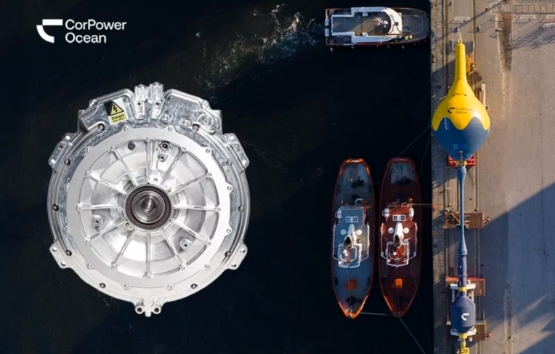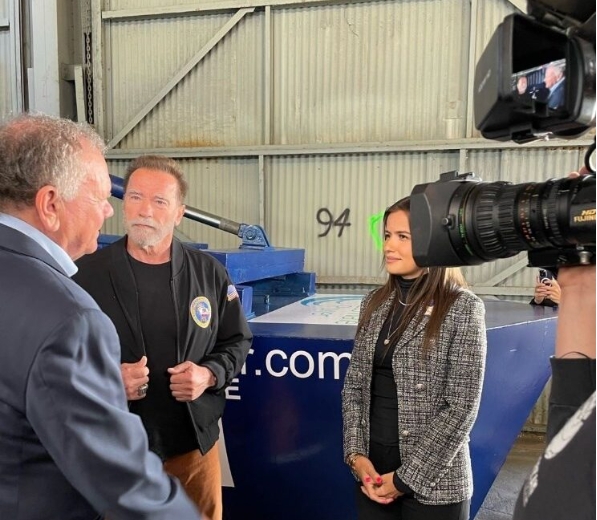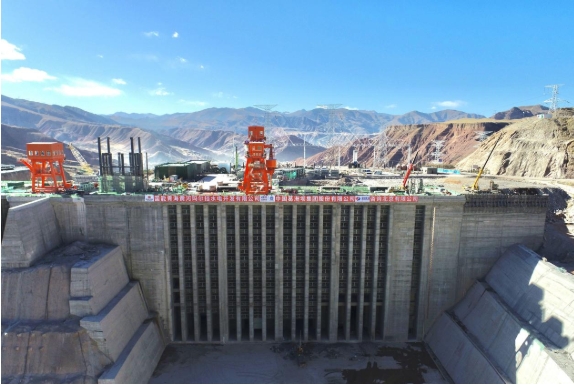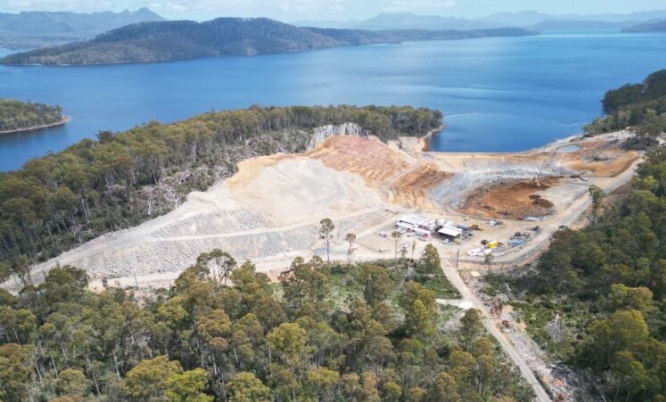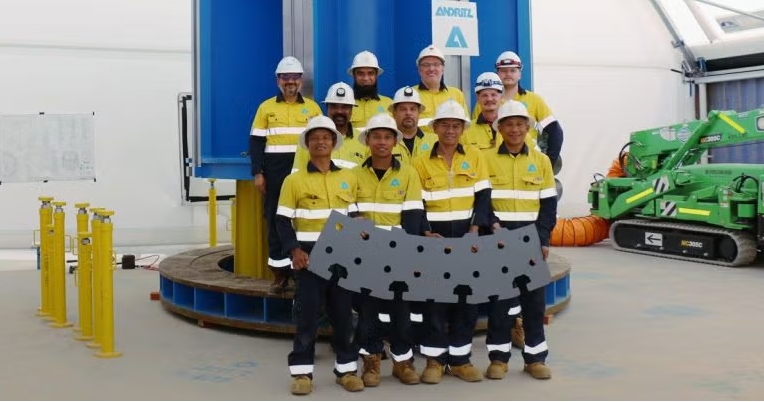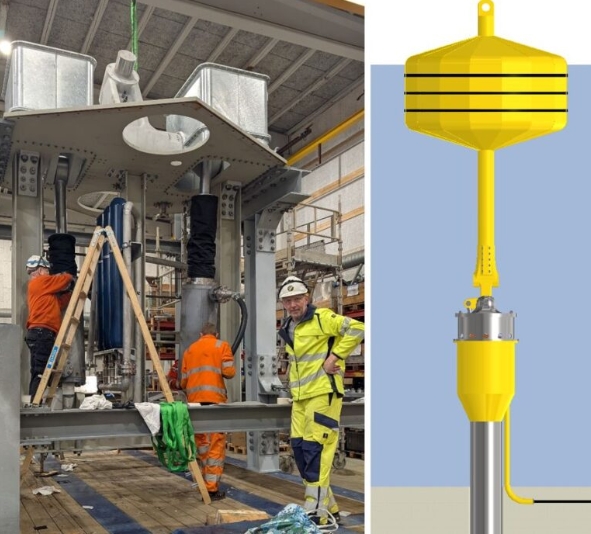UK headquartered blockchain platform developer Cenfura is partnering with renewable solution provider DNA Global Energy on microgrid development.
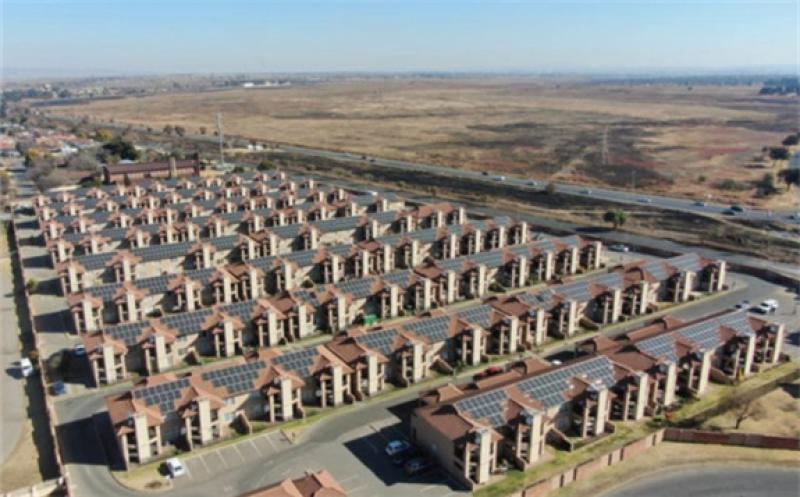
The JV’s first project is planned to deliver 14 new blockchain-based renewable energy microgrids across South Africa. Thereafter the proposal is to expand globally with other renewable energy projects and tokenisation initiatives.
The initial 14 microgrids will be similar to Cenfura’s Malachite Mews microgrid in South Africa, which was commissioned in August 2020.
Malachite Mews is a 216 unit condominium complex in the eastern Johannesburg suburb of Boksburg. The microgrid is comprised of 500kW of rooftop solar PV capacity and 672kWh of battery storage capacity of 672kWh, with a projected annual production of 873MWh.
According to Cenfura this is the largest battery storage capacity in South Africa’s residential sector.
The microgrid is grid-connected and is aimed to ensure reliability of supply to the complex. The area is connected to the Eskom power grid, but because of the locality and the general power situation in South Africa the supply has become unreliable and there have been blackouts.
The Malachite Mews microgrid, as other new projects will be, is tokenised with the settlements with Cenfura’s XCF utility token. The company claims to be one of the first energy companies in the world to use this model, saying it offers new methods of billing and financial management.
“Given Cenfura’s operational success in this area, this joint venture is a logical next step in the company’s growth in the region,” says Pasi Nieminen, Cenfura Founder and Chairman.
“This represents another major step forward for our company and will enable us to contribute to the further development of renewable energy projects in Africa.”
Cenfura claims a pipeline of over 1GW of renewable projects in North and South America, Africa, southern Europe and southeast Asia.
DNA Global Energy likewise has experience of renewables and other project developments in Africa and elsewhere in the world.
